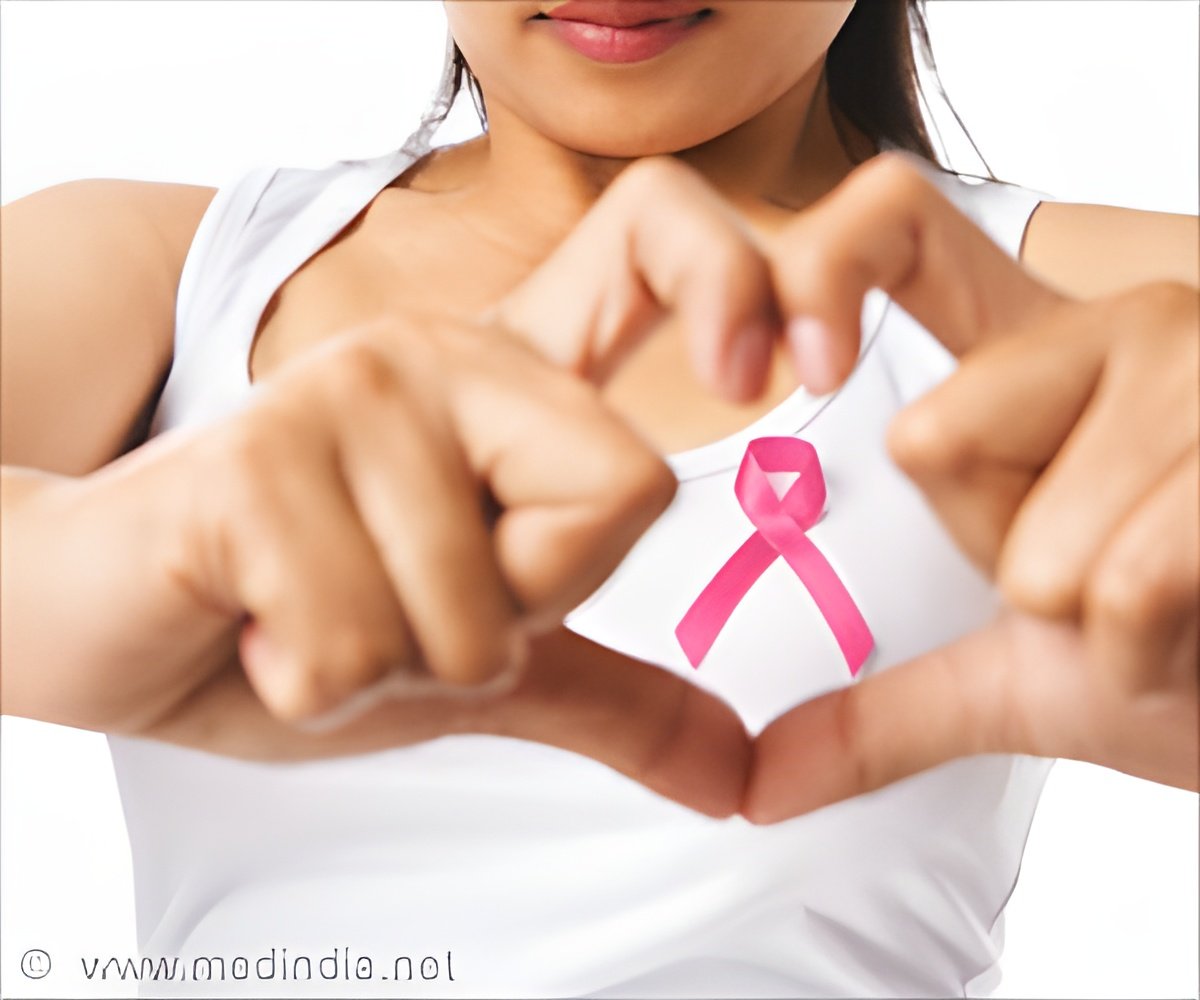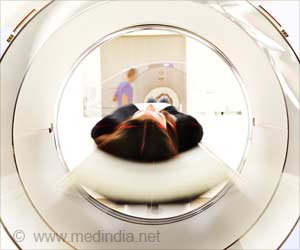The study revealed that women from older age-groups, and different racial, ethnic and socio-economic backgrounds found the mobile health app easy to use.

"Studies such as this are critical to understand how mHealth tools can be used effectively in diverse, low-income populations," said Ozanne. "We need to design all tools, and particularly novel tools such as mHealth tools, with these populations in mind in order to ensure equitable access. This study identifies some of the barriers and benefits of using an mHealth tool in this low-income, diverse population."
Ozanne’s work reveals that 11 of the 15 women, aged 45-79 years, interviewed before and after using the mHealth tool preferred it to a paper tool and found it easy to use. Variations in opinions are discussed for women with limited mobile phone experience, and for women whose first language is Spanish. Many suggested it is essential that staff be available to explain the mHealth tool and troubleshoot any problems.
"In general, we found this population preferred using an mHealth app to a paper format," explained Ozanne. "They found it more enjoyable than the paper format, easy to use, and were able to learn how to use it quickly."
Looking forward, Ozanne continues to examine the validity and reliability of data collected using mHealth tools in this population to ensure that the methods can be used effectively in clinical settings.
Source-Medindia














